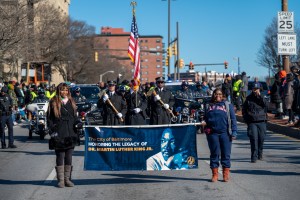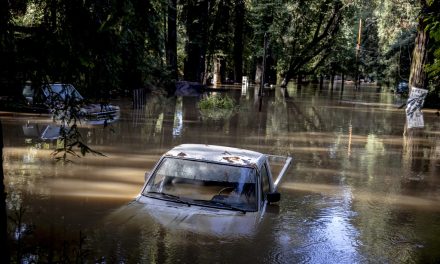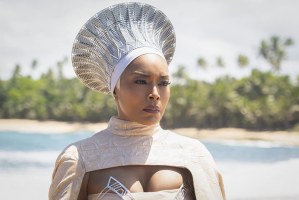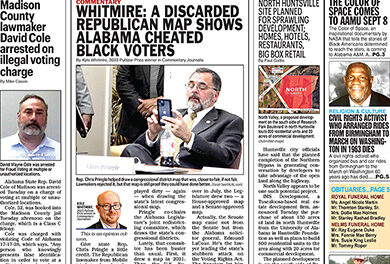By Catherine Pugh,
Special to the AFRO
This would have been a third year without Baltimore’s Martin Luther King Jr. Day parade, which had been cancelled two years in a row because of COVID-19 by the Baltimore Office of Promotion and the Arts (BOPA). Until a miracle occurred.
A tax-exempt organization, BOPA gets funds from the city’s budget to put on events like the MLK parade and Artscape. BOPA also serves as the film office and arts council. Its executive director is hired by its board of directors.
Mayor Brandon Scott had called for the resignation of BOPA’s Chief Executive Officer Donna Drew Sawyer, expressing displeasure at BOPA’s cancellation of the MLK parade among other issues. He also announced the creation of a new position that would manage city events, appointing Tonya Miller, who was serving as chief marketing and programs officer of BOPA, as the new Senior Advisor for Arts & Cultural Affairs in the Mayor’s Office.
“It has become clear that BOPA is not meeting the expectations of the city and is causing significant disappointment and frustration for the residents of Baltimore,” Scott said in a statement at the time.
With the involvement of the Mayor’s Office and Baltimore groups like WE OUR US, the parade was put back on schedule, and it went off without a hitch.
A little pass noon on Monday, Jan. 16, the marching bands, dancers, baton and pom-pom twirlers and groups paraded down Martin Luther King, Jr. Blvd., named in honor of the slain civil rights leader.
There were over 50 units that marched this year, slightly smaller than previous years that had as many as 70 groups. However, with performers tossing pom-poms in the air and stopping to do special dances, the onlookers were not disappointed.
Members of the Alpha Phi Alpha Fraternity dressed in black and gold came in large numbers. One of its members reminded onlookers that Dr. King was a member of their fraternity. He joined the fraternity in June 1952 as a student at Boston University.
“I’m glad the parade is back,” said attendee Jerry Lee, who brought his son and granddaughter to the event.
Kesia Lee, his 18-year-old son, said, “Martin Luther King Jr. tried to make a change in the world. There was a lot going on back then…and a lot going on now. And, like Dr. King Jr. we must make it better.”
Logan Beaver Lee brought his 11-year-old granddaughter to the parade. She told the AFRO about the meaning of the occasion: “King tried to make the world better, he tried to stop the separation between Blacks and Whites, he tried to help all of us.”
“These are teachable moments,” Lee said of his reason for attending the MLK parade, “and I get to share it with them.”
Mayor Brandon Scott led the parade, stopping occasionally to greet onlookers.
Congressman Kweisi Mfume said not only was he participating in the parade but he also volunteered with Our Daily Bread, serving meals to the homeless.
Newly elected State’s Attorney Ivan Bates attended the parade with his two daughters. And other politicians and city leaders also participated in the return of the Baltimore Martin Luther King, Jr. Parade, including the city’s top cop, Police Commissioner Michael Harrison.
Help us Continue to tell OUR Story and join the AFRO family as a member –subscribers are now members! Join here!
The post Baltimore’s MLK Parade revived after initial cancellation appeared first on AFRO American Newspapers .











